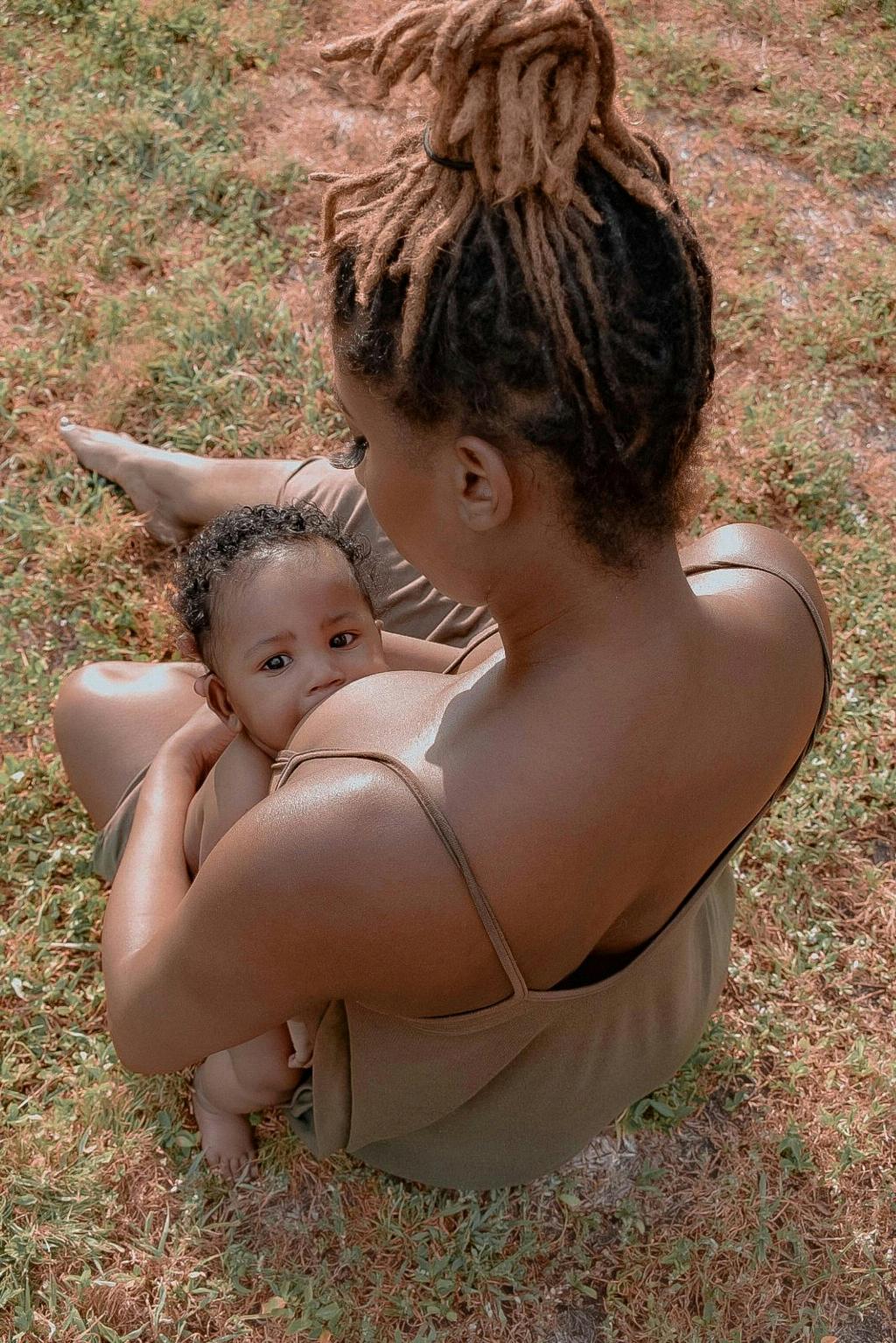When it comes to the duration of time that baby whales spend with their moms, there are intriguing variations among different whale species. Each species has its unique way of nurturing their young, and the duration of this nurturing period can vary significantly. Let’s delve into this fascinating topic to explore the intricacies of the bond between baby whales and their moms.
Beluga Whales: The Close Bond
Starting with beluga whales, these beautiful creatures are known for their close-knit family units. Baby belugas stick close to their mothers for an extended period, sometimes up to 3 years or even longer. During this time, they learn essential survival skills and behaviors from their moms, making this bond crucial for their growth and development.
Sperm Whales: Longer Gestation Periods
On the other end of the spectrum are sperm whales. These magnificent giants have longer gestation periods and may nurse their young for just over a year. Despite the shorter nursing period compared to belugas, the bond between a sperm whale mother and her calf is intense and vital for the calf’s survival in the vast ocean.
Minke Whales: A Shorter Nursing Period
Minke whales, known for their agility and grace in the water, have a relatively shorter nursing period compared to other whale species. These whales may only nurse their calves for 5 to 10 months. Despite the brevity of this time, the bond formed during the nursing period is crucial for the calf’s growth and ability to thrive in their marine environment.
The Influence of Nursing Duration on Whale Behavior
The duration of time that baby whales spend with their moms undoubtedly has a significant influence on their behavior and survival instincts. Longer nursing periods, such as those seen in beluga whales, allow for more prolonged learning and bonding between mother and calf, shaping the calf’s behavior in the long term.
Learning Essential Survival Skills
During their time with their moms, baby whales learn essential survival skills that are critical for their survival in the ocean. From hunting techniques to communication methods, these skills are passed down from mother to calf, ensuring that the calf is well-prepared to navigate the challenges of their marine environment.
Emotional Bonds in the Whale Family
Beyond the practical aspects of survival, the bond between baby whales and their moms also carries emotional significance. Whales are known for their complex social structures and strong family bonds, with mothers playing a central role in nurturing and guiding their young. This emotional connection forms the foundation of the whale family unit.
Independence and Growth
As baby whales mature and grow more independent, they gradually reduce their reliance on their mothers. This period of transition is crucial for the calf’s development as it learns to navigate the ocean waters on its own. The skills and knowledge acquired during the time spent with their moms prepare the calf for this transition to independence.
Environmental Influences on Bond Duration
While the duration of time that baby whales stay with their moms is influenced by biological factors, environmental conditions also play a role in shaping this bond. Factors such as food availability, predator threats, and ocean temperature can impact the length of time that a baby whale spends with its mother before becoming more independent.
The Role of Maternal Care in Whale Conservation
Understanding the dynamics of the bond between baby whales and their moms is crucial for whale conservation efforts. Maternal care plays a vital role in the survival and well-being of whale populations, ensuring that the next generation of whales is equipped to thrive in their natural habitat. By studying and protecting this bond, we can contribute to the preservation of these majestic marine mammals.
In Conclusion
The length of time that baby whales stay with their moms varies across different whale species, reflecting the unique evolutionary adaptations and social structures of each species. From the close bond observed in beluga whales to the independent nature of minke whales, the dynamics of the mother-calf relationship are a fascinating aspect of whale behavior. By studying and appreciating this bond, we can gain valuable insights into the lives of these incredible marine creatures.

